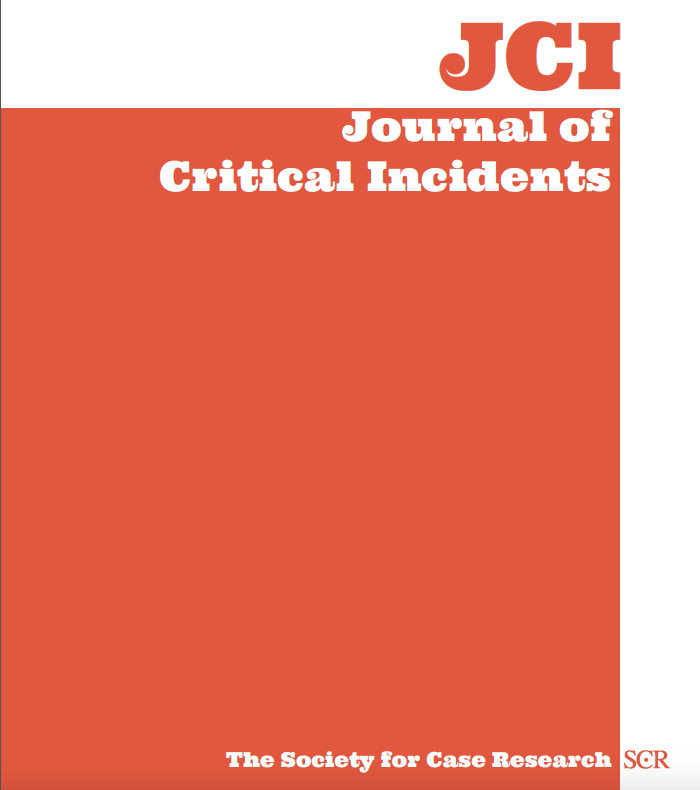Tina's Troubles

Tina was a student who received a grade of zero on the first assignment in a business law course. When she contacted the professor to ask if there was something wrong with her paper, he explained that parts of her submission matched those of another student. Tina met with the professor the following day and saw that some of her answers were identical to those submitted by a classmate named Paula. Tina was confused and could not explain the similarity in their work, but she described a brief encounter she had with Paula before submitting the assignment. After the meeting, Tina remembered Paula might have had an opportunity to see her answers while she was helping another student with a computer issue. She wondered if she should tell her professor or if such an action would be beneficial, considering she had no proof that Paula copied her work.
- Examine an academic integrity situation
- Apply an ethics test to determine if actions were unethical
- Apply control theory to the situation
- Use ethical consequentialism to make a decision
- Decide if a student should accept or appeal a professor’s academic integrity violation sanction
